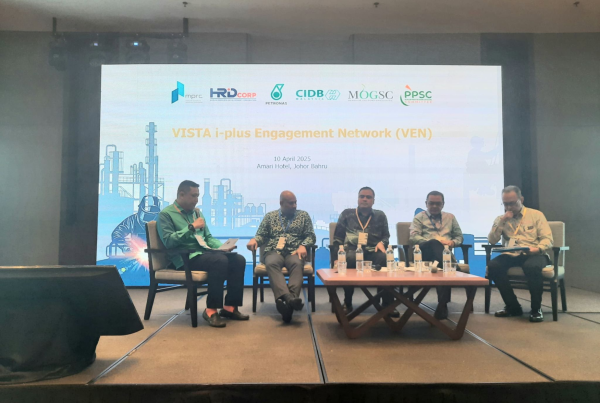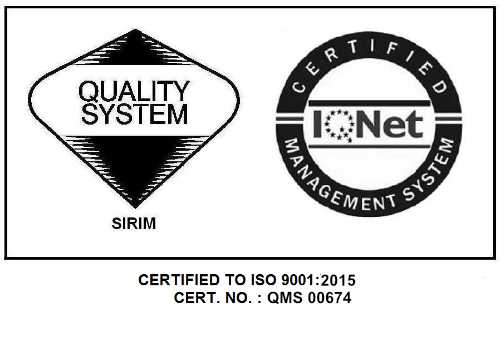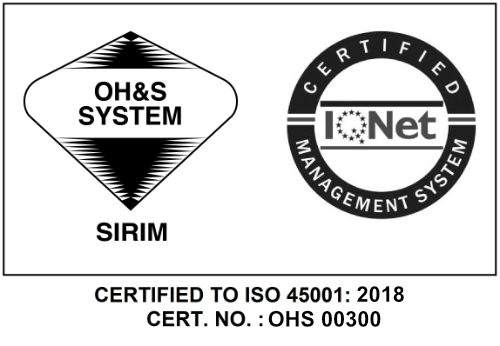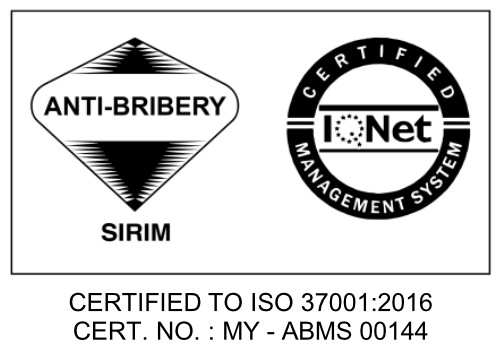
In the fourth instalment of our series on advanced project management and collaboration in the Malaysian construction industry, we turn our attention to the challenges that construction companies may face when implementing advanced project management and collaboration tools.
Data security is one of the foremost concerns during the implementation of advanced project management tools. Construction projects often involve sensitive information, and companies must safeguard this data from unauthorised access or breaches. Ensuring robust security measures, such as encryption, access controls, and regular security audits, is imperative to protect project-related data.
Adapting to New Workflows
Introducing new tools can disrupt existing workflows and processes. To overcome this challenge, companies must provide adequate employee training and support. Comprehensive training programs and ongoing guidance can help team members seamlessly adapt to the new technology and integrate it into their daily routines.
Integration with Existing Systems
Integrating advanced project management tools may be challenging for construction companies with established systems and software. Compatibility issues can arise, leading to delays and disruptions. To mitigate this, thorough testing and planning are essential. Companies should evaluate how the new tools interact with existing systems and make necessary adjustments or customisations.
Resistance to Change
Resistance to change is a common challenge in any industry when implementing new technologies. Employees may be apprehensive about the unfamiliar, which can hinder adoption. Engaging with staff, involving them in the decision-making process, and highlighting the benefits of these tools can help overcome this resistance and gain buy-in.
Data Migration and Archiving
Transferring existing project data to new platforms can be a complex process. Ensuring that all historical project data is accurately migrated to the new system and proper archiving procedures are in place is vital. This safeguards the continuity of ongoing and completed projects and maintains data integrity.
Safeguarding Against Downtime
While transitioning to advanced project management tools, companies must safeguard against unexpected downtime that can disrupt project schedules. Developing robust backup and recovery plans and implementing changes during non-critical project phases can help mitigate this risk.
Stay tuned for the final part of our series, where we showcase scenarios of success in adopting advanced project management tools.
Article 1: Rise of Cloud-Based Project Management Tools
Article 2: Collaborative Platforms Transforming Remote Work














